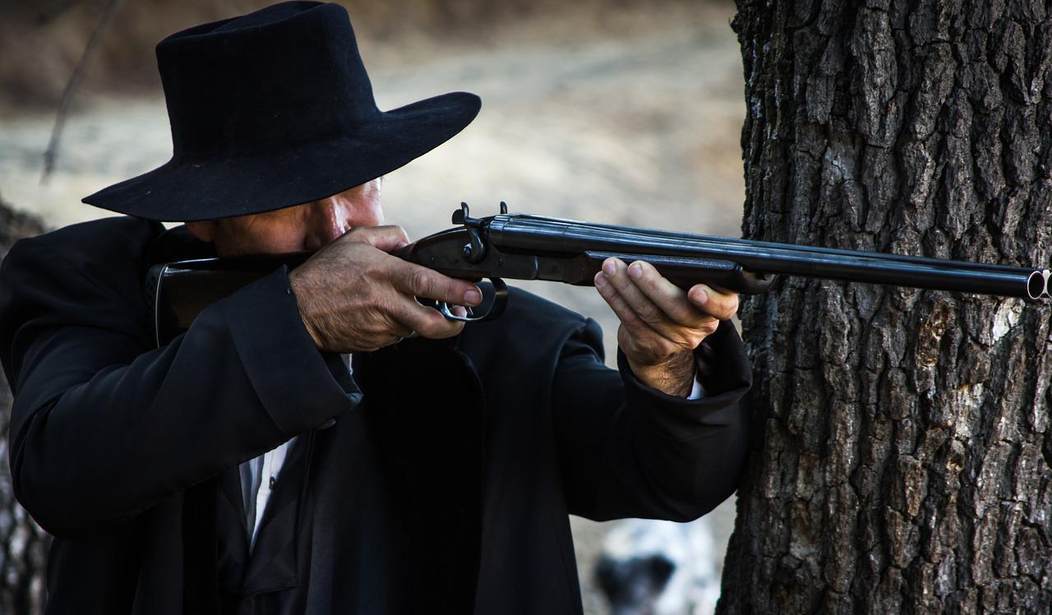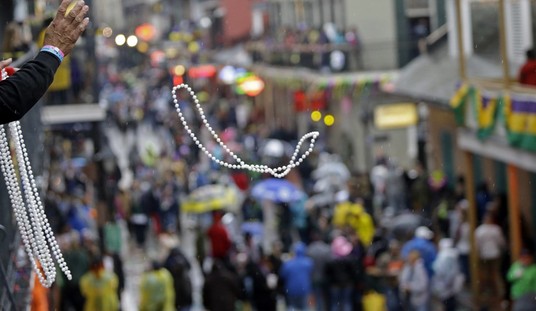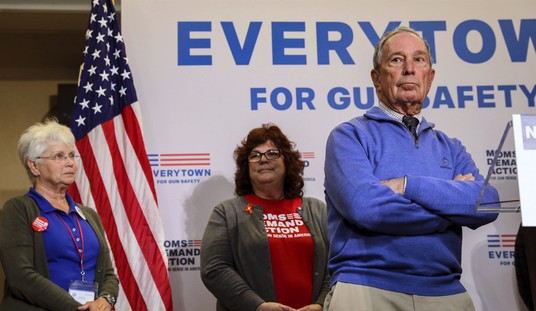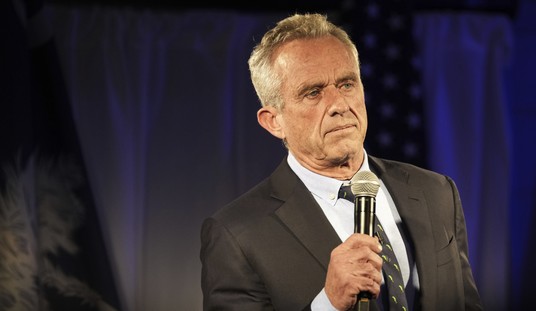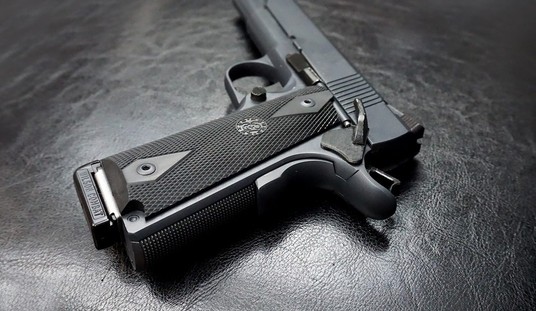As a publication proud to be a part of the gun culture, we know a thing or two about that culture. We’re part of it ourselves, so we kind of have to recognize certain things about it.
But a lot of people who clearly know nothing about us will spill a lot of digital ink telling the world not just who we are but how ridiculous we really are.
It’s almost hilarious.
The problem is that these people actually “inform” folks who know nothing but then decide they’re now experts on the gun culture.
For example, we have this take.
I have found that for those Americans who see the gun as both symbolizing and guaranteeing individual liberty, gun control laws are perceived as fundamentally un-American and a threat to their freedom. For the most ardent gun rights advocates, gun violence – as horrible as it is – is an acceptable price of that freedom.
My analysis finds that gun culture in the U.S. derives largely from its frontier past and the mythology of the “Wild West,” which romanticizes guns, outlaws, rugged individualism and the inevitability of gun violence. This culture ignores the fact that gun control was widespread and common in the Old West.
That would be fantastic if it wasn’t basically BS.
Oh, don’t get me wrong, there is a certain amount of Old West mythology in the gun culture. How many of us are fans of the gif of Val Kilmer as Doc Holliday–how he didn’t get an Oscar nomination is evidence the Academy shouldn’t be taken seriously–saying, “I’m your huckleberry” for whenever someone talks smack?
Yet many of us actually know the Shootout at the OK Corral was, essentially, over gun control and The Earps and Holliday were enforcing those laws.
We get it.
But what the author fails to understand…well, I could fill a book with what he actually doesn’t get, but part of that is that while there’s a certain fondness for what he terms “mythology of the Old West,” it’s not the entirety of what unites us.
There’s the history of the Second Amendment itself, how each item in the Bill of Rights was, in essence, a guarantee to the people of this new land that the government wouldn’t recreate the sins of the British. That includes coming to take people’s guns.
It’s there, first and foremost, that you’ll find the uniting aspect of the gun culture.
The Old West mythology is just icing on the cake, if that. Especially since some don’t give a damn about it.
The author then continues to try and make his case, unsuccessfully in my opinion, but I came across this bit that I wanted to address as well:
Gun ownership was commonplace in the post-Civil War Old West, but actual gunfights were rare. One reason was that, contrary to the mythology, many frontier towns had strict gun laws, especially against carrying concealed weapons.
As UCLA constitutional law professor Adam Winkler puts it, “Guns were widespread on the frontier, but so was gun regulation. … Wild West lawmen took gun control seriously and frequently arrested people who violated their town’s gun control laws.”
Again, many of us are aware of these two facts, but I don’t think they’re as integrated as the author would like us to believe.
After all, most frontier towns weren’t exactly booming metropolises. They were small, which means leaving town wasn’t difficult. If people wanted to settle their differences violently, it wasn’t difficult to get outside of the town to do so.
Since there weren’t television or fax machines, it wasn’t hard to head off in a different direction, say you were someone else, and literally get away with murder, either.
So why were there so few gun fights?
Maybe because so many people were, in fact, armed.
Someone once said that an armed society is a polite society. The reason for that can be found in another quote, this one by Conan creator Robert E. Howard. He wrote, “Civilized men are more discourteous than savages because they know they can be impolite without having their skulls split, as a general thing.”
Basically, when you know there’s a chance you’re going to die over a slight, you’re less likely to be insulting.
Now, I’m not advocating for such a thing–I’m far too insulting and snarky to survive that sort of thing–but that was kind of the reality in the Old West, at least outside of town.
Finally, there’s another factor the author seems to miss completely, and that’s the idea that we’re talking about the mythology of the Old West, not the history.
While there can be overlap–Doc Holliday, Wild Bill Hickock, and Billy the Kid were all real people, after all–the mythology is the stories and legends that surround the era, regardless of the historical facts. We’re not oblivious to the fact that the two aren’t necessarily the same.
For most of us, it’s about that legend and imagery. We may know the history, but we’re not tripping over ourselves pretending that it matters because, frankly, we all tend to think that frontier gun control was just as wrong as it is now.
The gun culture isn’t oblivious to history. We simply don’t care to let that history define us when it has no bearing on us.
But then again, this isn’t really about the truth. This is a piece designed to try and shame us into supporting gun control. “Hur dur, look at the dumb hicks who don’t even know history, hur dur.”
No, we know it. It just has no bearing on our support of the Second Amendment.

